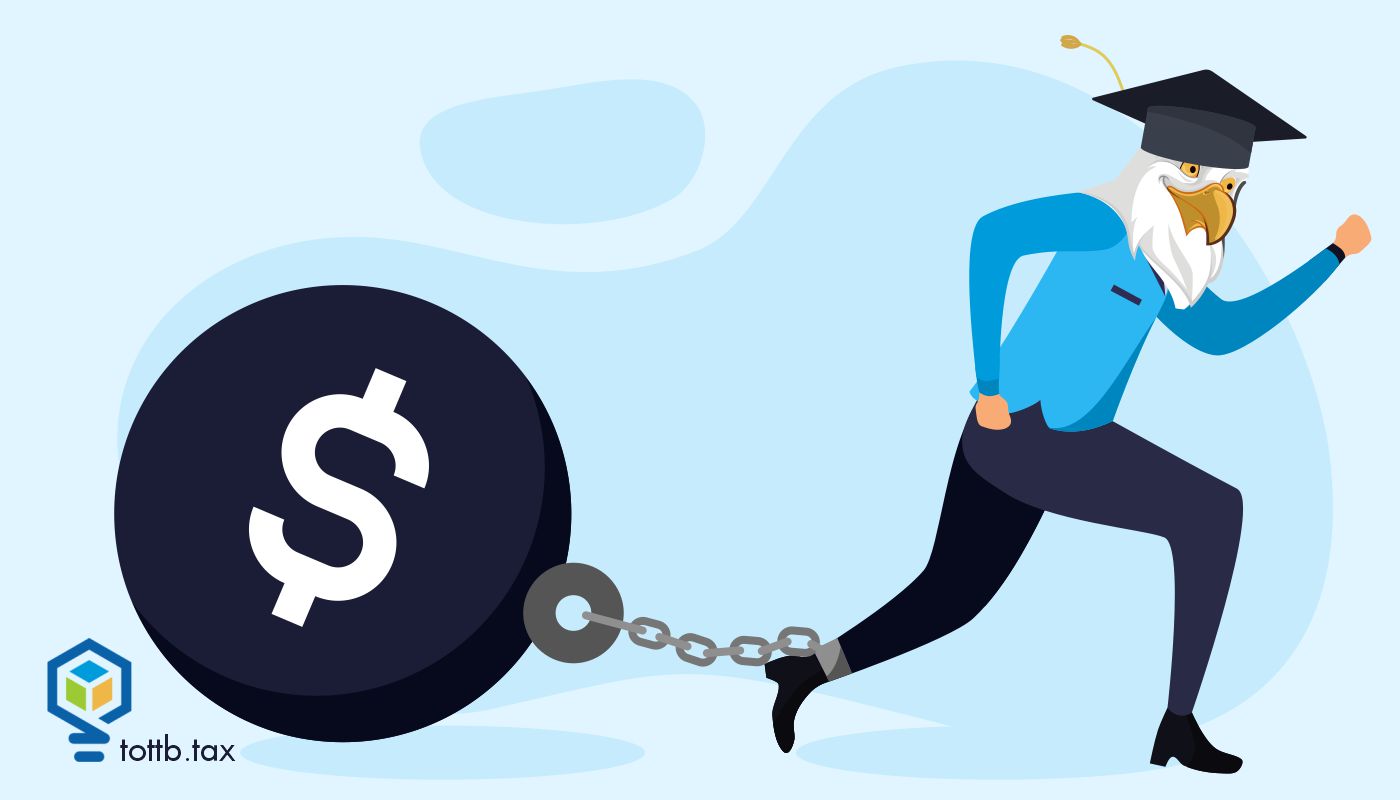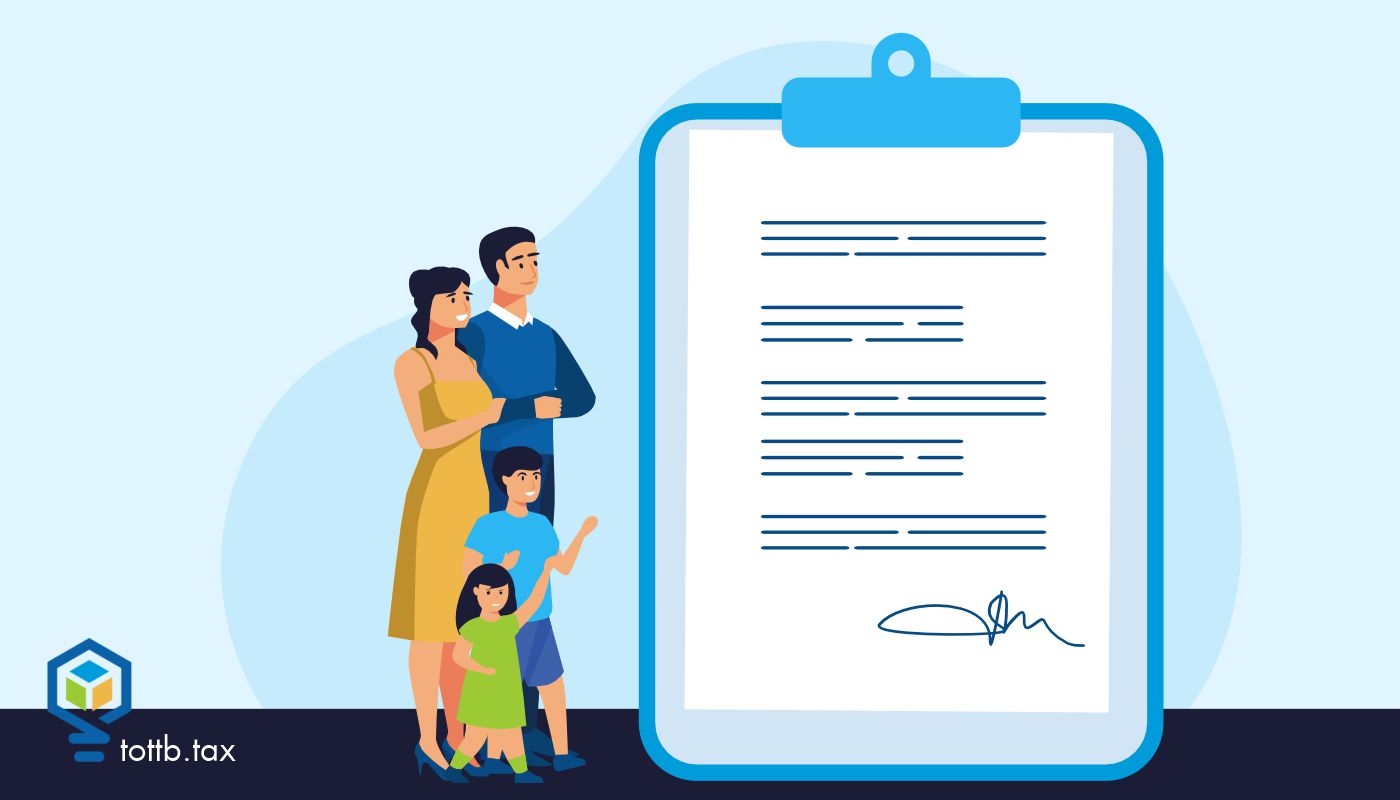
An Analysis of the OBBBA’s Trump Accounts (Part 2)
In part one of this series, I went over the basics of the new retirement accounts for minors, Trump Accounts, which were created as part of the One Big Beautiful Bill Act (OBBBA). Trump Accounts allow the Government, Charitable Organizations, Parents, and others to contribute to a child’s savings, usually on an after-tax basis. These accounts then transition to a traditional individual retirement account (IRA) when the child turns 18. Although the contribution limits act like non-deductible traditional IRA contributions and have a contribution limit of only $5,000 per year, they do not have the same earned income requirements that traditional IRA contributions have. This means that children are able to accumulate savings even without earned income. This article presents several scenarios to examine how Trump Accounts may play into an overall savings strategy for children.













